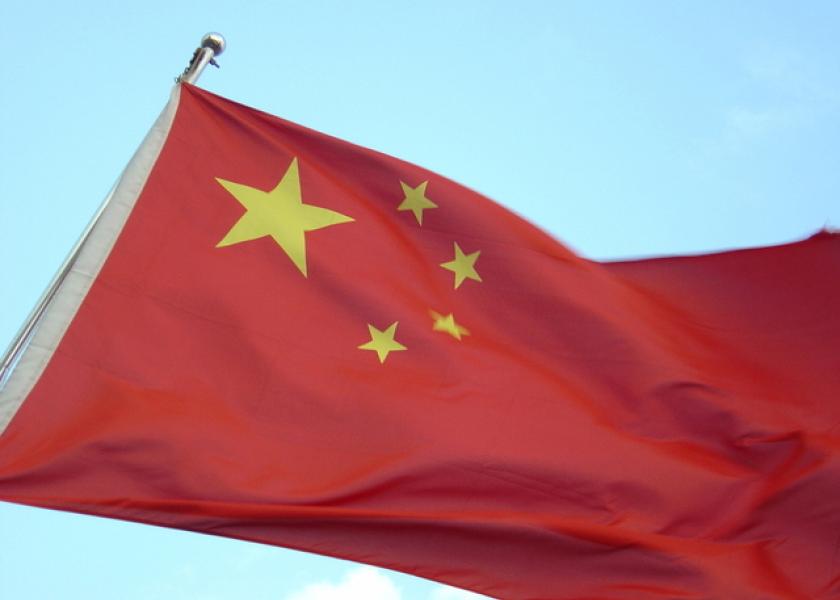China May be on a Major Buying Binge (hoarding)

At China’s central economic work conference earlier this month, Beijing identified securing the supply of primary goods such as agricultural products and minerals as one of five significant issues to prepare for amid global challenges. The leader of the Chinese Communist Party (CCP) Xi Jinping said China must establish a “strategic baseline” to ensure self-sufficiency in key commodities, for securing the supply of primary products will help advance the country’s long-term agenda. Analysts say that tensions with the U.S. and its allies such as Australia, another major food exporter to China, could prod the communist regime to dramatically raise food reserves.
Another strategic product is computer chips, with some believing China’s nationwide hoarding played a role in the global chip shortage. They note that China’s State Administration for Market Regulation in August launched a probe into hoarding and other speculative practices as the regime found it disrupted its own market. The U.S. Commerce Department requested global major semiconductor manufacturers to provide their sales data in September. The information it sought included who were the top three buyers of the firms’ products in each of the last three years. Some analysts said Washington needed the data to figure out to what extent China’s storing caused the chip scarcity. One China watcher notes that China began hoarding chips in 2019 when the Trump administration imposed sanctions on its telecom giant Huawei. Fearing they could be next, Chinese companies, many of which are state-run, purchased a large number of chips – enough to cover their needs for the next few years.
Garnering the world’s cobalt supply is another top China priority. As the leading country in electric vehicle (EV) manufacturing, China is aggressively sourcing cobalt, a key metal in making EV batteries, from overseas. In the past five years, the second-largest economy has acquired most of Congo’s cobalt-producing mines, which produces two-thirds of the world’s supply. As of last year, 15 of the 19 mines in Congo were owned or financed by Chinese companies, according to a recent New York Times report.
The list does not stop with the products mentioned, as China has been on a buying tear for lithium and liquid natural gas, locking up production and/or supply agreements for years.







